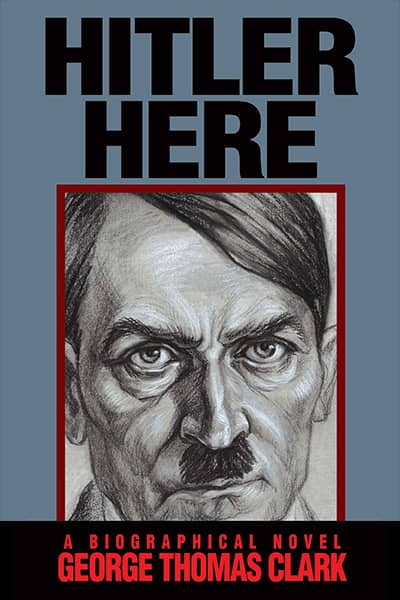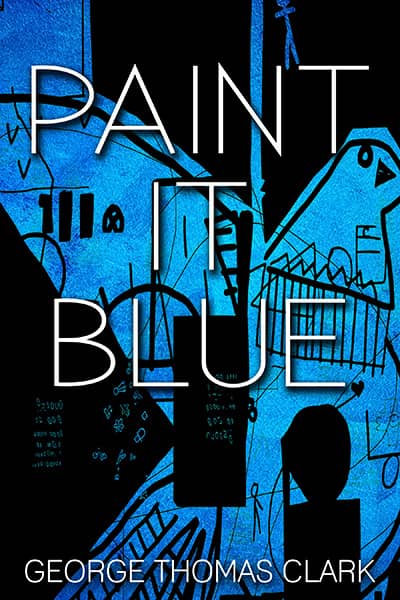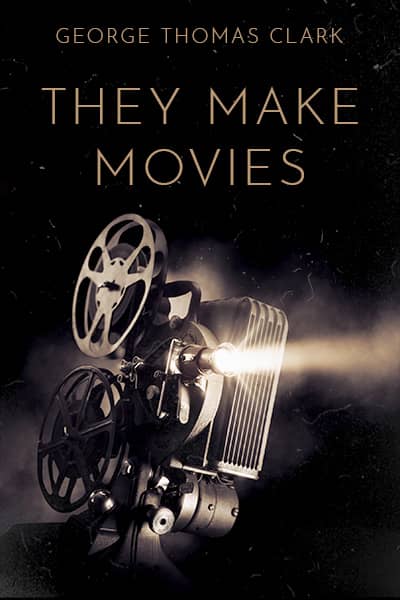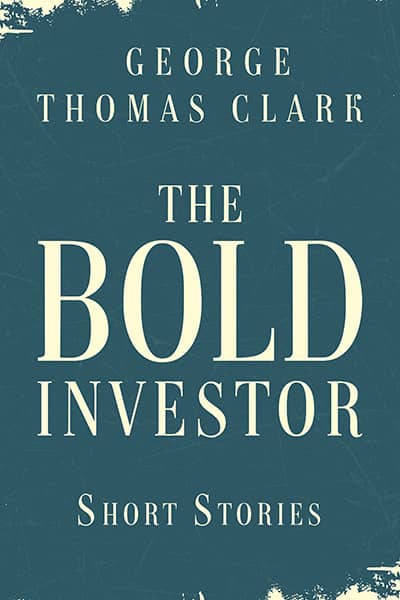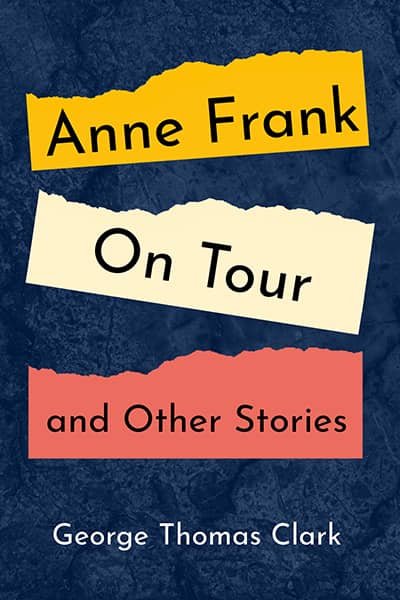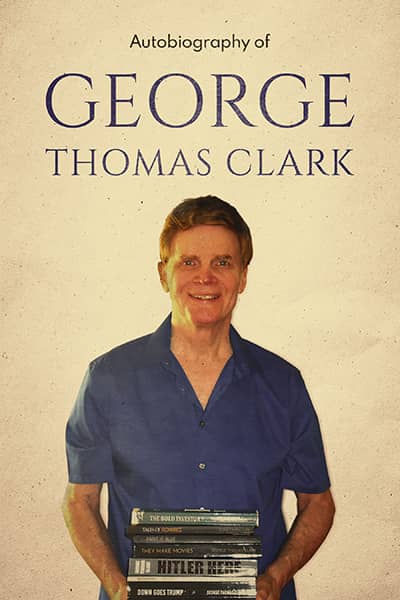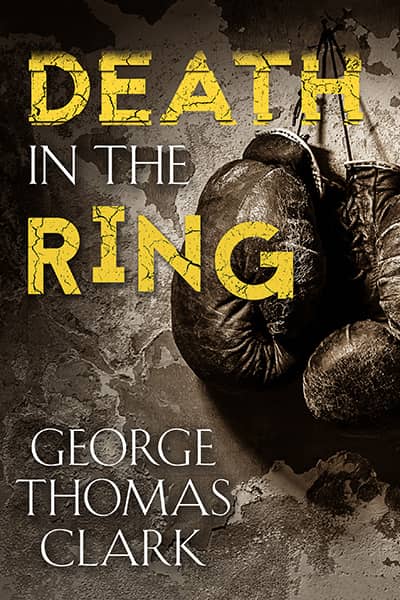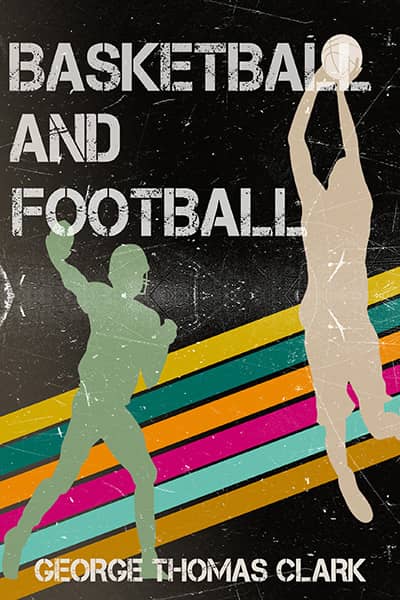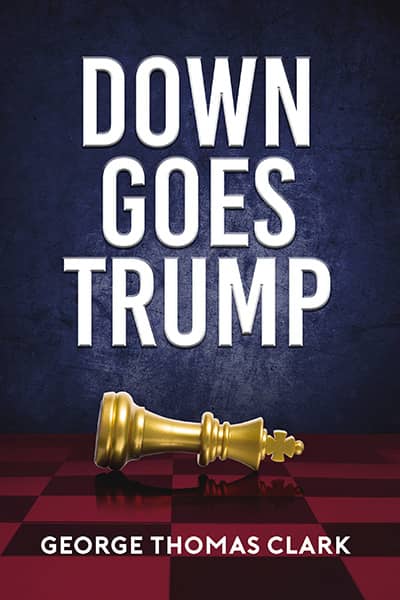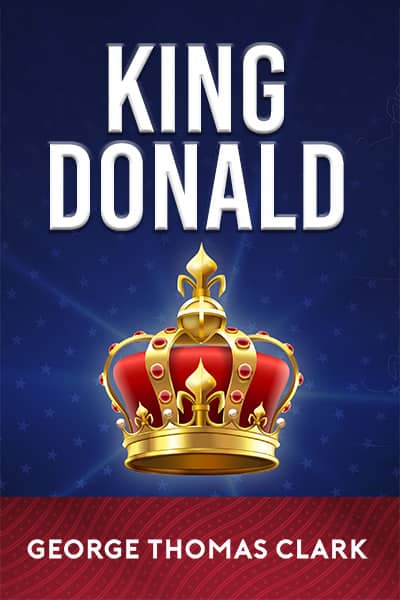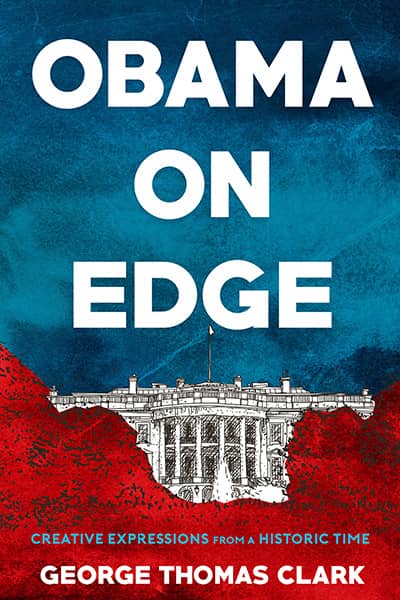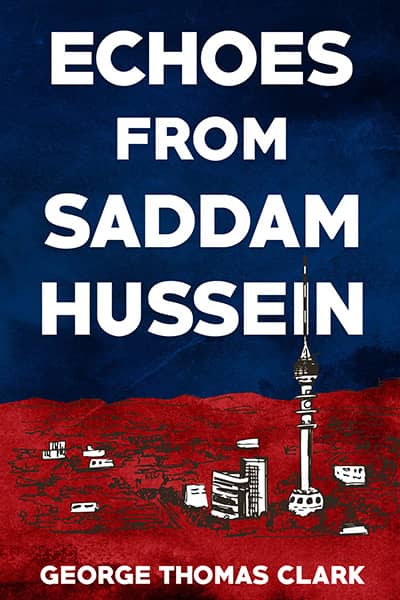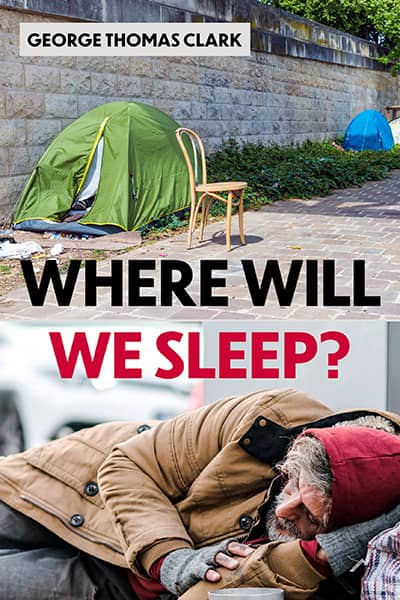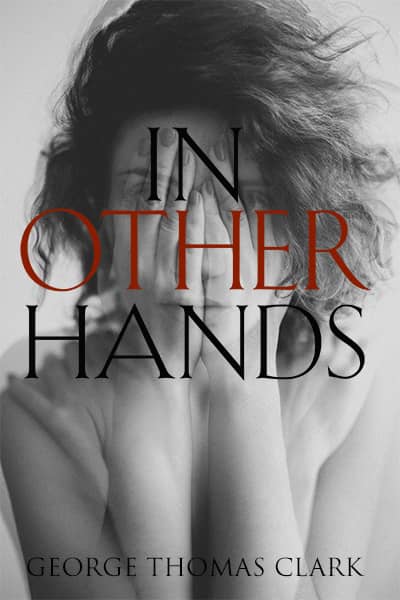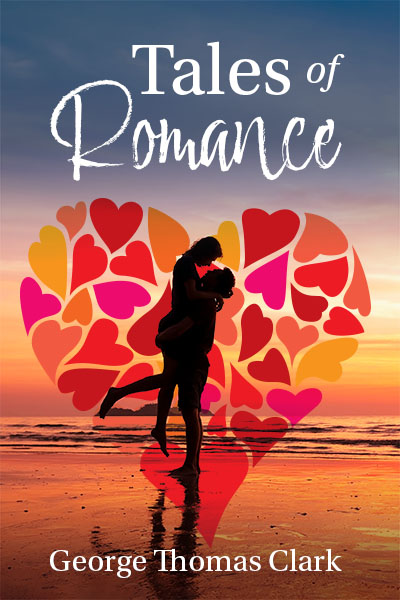Ray Manzarek Opens The Doors
March 8, 2010
Surveying the ballroom I’m pleased it’s similar to intimate clubs where The Doors generally played best. About five hundred people are filling the room and sipping drinks if they drink at all. For years, before my reformation, I would’ve viewed such mature restraint as an affront and camped at the two rear-corner bars. Ray Manzarek was never much like that. He sometimes got high, like guitarist Robbie Krieger and drummer John Densmore, but when people talked about the wild Doors they were really saying, “Jim Morrison is crazy,” and anticipating another drama from wild and wonderful rock ‘n’ roll.
When a man emerges from the dressing room, I don’t recognize him until realizing it’s like I’m on acid and peering through a hallucinatory lens that transforms young Ray Manzarek into a gray grandfatherly fellow, with a double chin, who resembles a proud member of the establishment, a retired English teacher, perhaps. I’m not going to upset him with that observation. He’s stepping on stage for a concert in Bakersfield and hasn’t played here in forty years. Most fans are a generation younger than Ray but that much older than the fresh and often frenzied faces from concerts in the late 1960’s. Some have brought their children. They’ll see him perform not with his three legendary band mates but a bluesy guitarist named Roy Rogers.
Like a serene jazz artist, Ray begins playing the piano, rather than his iconic electric organ. His first song is a presidential boogie in mock celebration of George W. Bush, and upon finishing Ray admonishes the audience that he isn’t stepping outside with any angry rednecks: “That’s why I brought my brother, a local boy” who lives forty miles into the mountains at Lake Isabella. A couple of jazz pieces then celebrate Miles Davis and Bill Evans who played with Miles. Roy Rogers and Ray delicately handle this mournful and repetitious material. I’m sure most in the audience are thinking about The Doors. Sensitive to that, Ray has arranged to punctuate the concert with question and answer sessions.
“If there are any questions about Jim Morrison’s manhood – how thick it was in Miami… Did he really whip it out? – I’m asked about it every day,” Rays says. “One guy told me Jim came on stage, twice.” Rays says Jim didn’t expose himself in Miami in 1969, though he was charged, tried, and convicted for his behavior that night. What Ray doesn’t say – though I’m quite willing to – is that alcoholic Jim Morrison was outrageously drunk, profane, and abusive and needed psychiatric treatment unavailable at the time. Ray has elsewhere acknowledged this.
After Ray sings about having the Bakersfield blues, driving “up to Lake Isabella, right along that mean old Kern River,” he tells about a 1959 experience, when he was twenty. On the south side of Chicago, with a white friend, he shyly entered Pepper’s Lounge to listen to the great blues band of Muddy Waters. Ray praises them for attracting the “well-dressed and coiffed black middle class” and playing with a “circle of energy, a oneness, like The Doors.”
Yeah, it’s time for them, and Ray sings lead as he pounds out “Love Me Two Times” baby, love me twice today. The magic’s still there, and I’m tempted to run up on stage and join in. Next, Roy Rogers steps away while Ray plays “The Crystal Ship” as a beautiful piano solo, evoking “another magic kiss.”
“What were your best and worst experiences with The Doors,” someone asks during the next conversational break.
“The worst was when Jim Morrison died,” Ray says, “and the best was walking with Jim on Venice beach and discussing existential matters. Why are we here? What is the point of this existence?”
“What do you think about the film The Doors”?
“Director Oliver Stone hates me and I hate him,” he says. Ray feels the director distorted Jim’s life by cutting out the sober and introspective times and simply splicing a series of drunken episodes.
Two non-Doors compositions are played before Ray tells about the band’s 1967 appearance on the Ed Sullivan Show. The impresario, notorious for his “stone face,” told the The Doors to smile when they came on. After Ed left, his producer warned them not to sing “higher” during their abbreviated rendition of chart-topping “Light My Fire.” Jim, wearing tight leather pants, sang this classic the right way, and afterward the irate producer scolded the “boys” and told them they’d “never do another Ed Sullivan show.”
“So what?” Jim said.
Ray sings and plays a good “Back Door Man” before a man asks why The Doors didn’t have a bass player on stage. Feigning indignation, Ray holds up his left hand as Topo Gigio, Ed Sullivan’s favorite puppet, and lets the hand explain that it is the band’s bass. I’m afraid Ray’s a little glib responding to the next question about why The Doors didn’t play at the Woodstock festival in 1969. He says all the guys felt they were a big city blues, jazz, and rock band and didn’t want to go out into the sticks of upstate New York. Besides, if it rained, as it did, Robbie Krieger might’ve been electrocuted while playing the guitar. Really, The Doors were banned a lot of places, and reluctantly invited others, because of Jim’s legal problems after Miami.
That’s forgotten during Ray’s virtuoso piano performance of “Riders on the Storm.” He thanks the clapping fans and leaves the stage but they keep pounding and he and Roy Rogers return to play the rearranged song. As Ray walks away the final time, I run up and tap his shoulder and he turns and stares: “No way, man. Let me touch you.”
